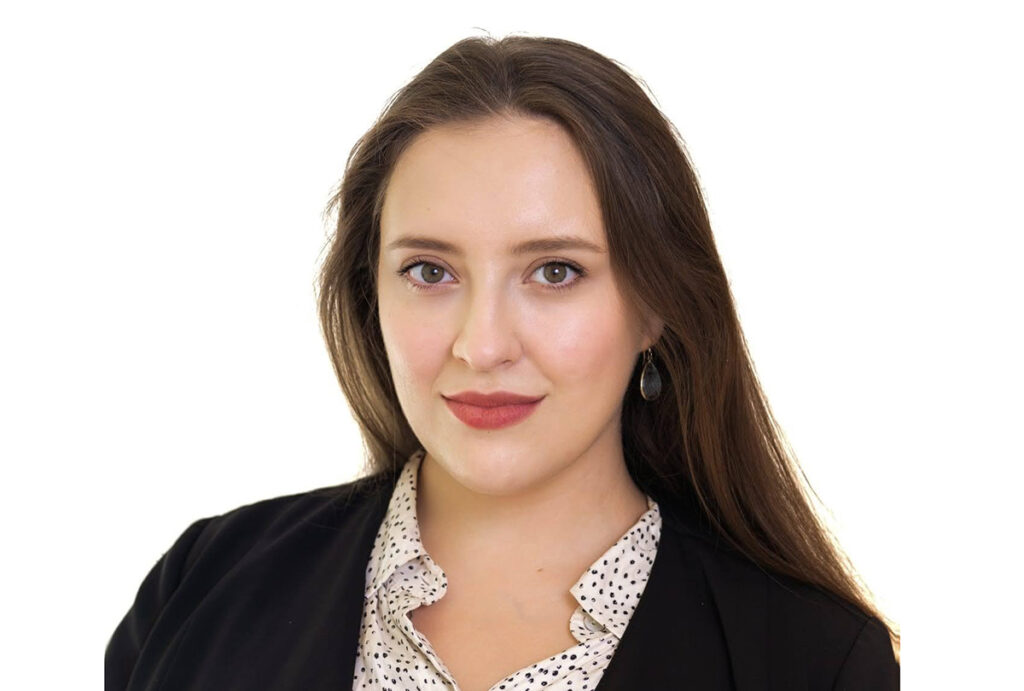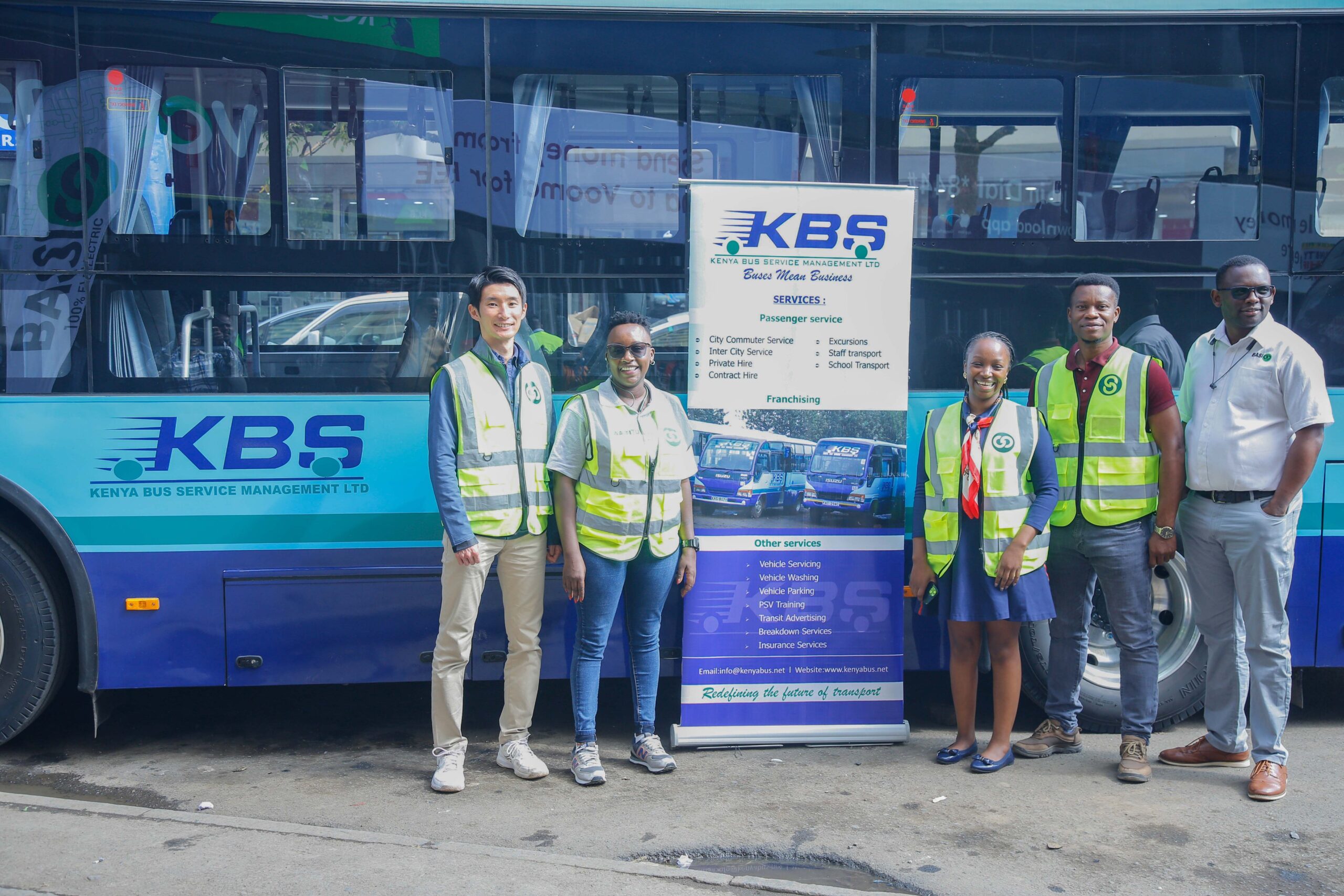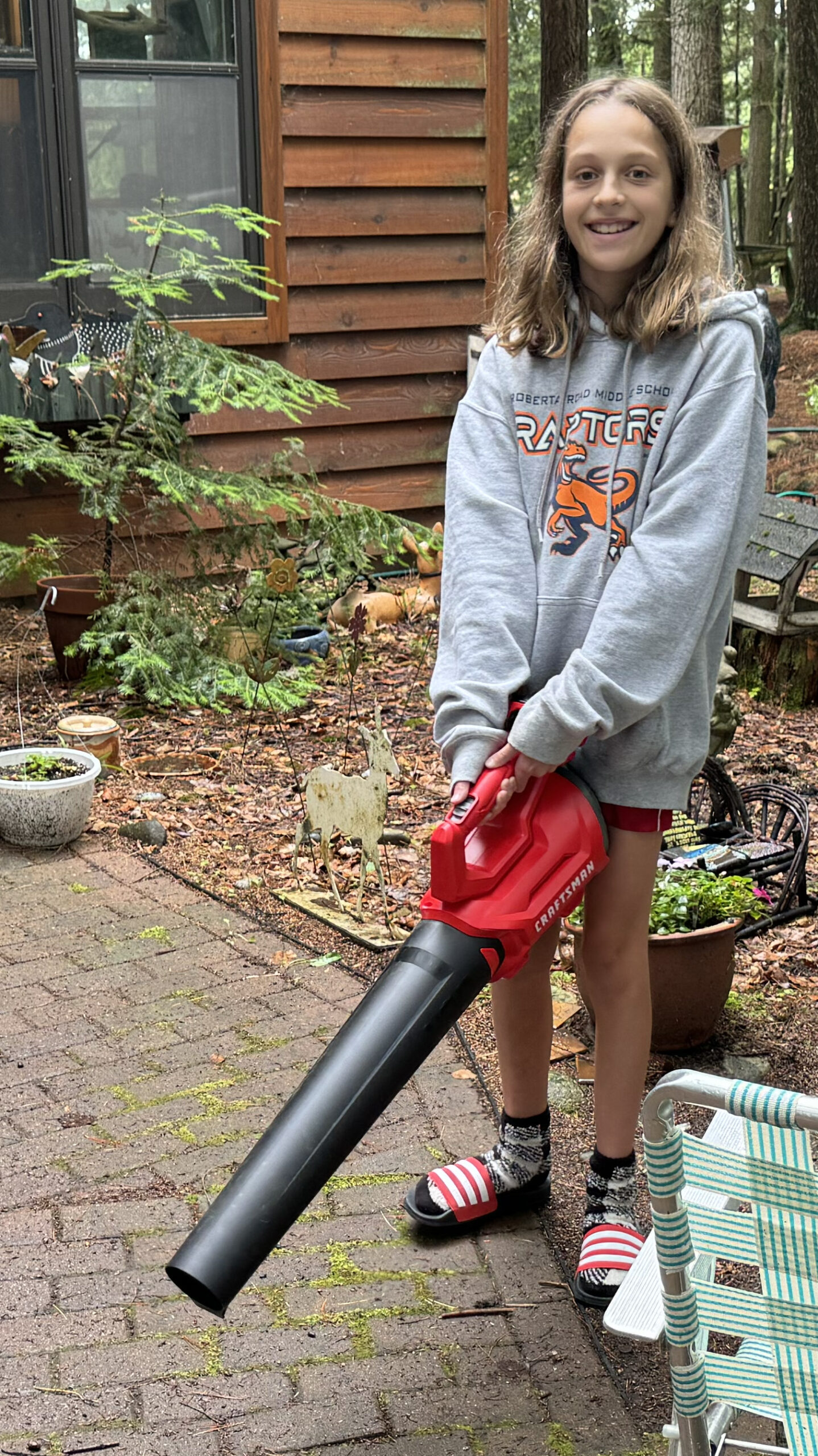Our Margareta Dovgal on resources as a priority.

Inflation has become a common problem. So has ‘shrinkflation’ — paying the old price for a new package that contains less product. No wonder that people are saying things such as “My dollar isn’t stretching very far these days.”
A lot of this is due to COVID-related economic impacts such as supply-chain issues. During the pandemic we also saw major conflict break out in Europe, and energy prices skyrocketed. This is still playing out.
And we have other structural factors at work in the economy, and some economic uncertainty, that are making consumers more worried. To get economic benefits flowing through our whole system requires us to export things that the world wants.
And here in British Columbia we have incredibly valuable natural-resource commodities, and a tradition and well developed industries producing and exporting, not only to our immediate neighbors, the United States, but to the world as a whole.
We’re looking, for one example, at how B.C. could produce and export the critical metals and minerals need for the transition to a low-carbon future.
The Mining Association of B.C. points t o the potential of 16 proposed critical mineral mines, representing $36 billion in investment, 300,000 person-years of employment, and $11 billion in tax revenues.
As well, right now, on the northwest coast of B.C. we’re approaching completion of what is going to be the first big suite of LNG export facilities, LNG Canada, and the Coastal GasLink pipeline that’s supplying it.
LNG Canada now is engaged in startup-testing, and says it should begin shipping LNG in 2025. But the Upstream online news service quotes Shell CEO Wael Sawan as saying the first cargo of LNG could actually be shipped out this year.
Then we have WoodfIbre LNG beginning to build its export facility on Howe Sound, with the first deliveries seen in 2027, with some 70% of its output already sold.
Down the road, we have Cedar LNG, controlled by the Haisla First Nation, looking at a final investment decision in a matter of weeks. And Ksi Lisims LNG, headed by the Nisga’a Nation, is going through government approval processes. And FortisBC is working towards expansion of its Tilbury LNG facility in Delta.
LNG Canada is the largest private-sector investment in Canadian history; think $40 billion or more. As LNG Canada says, “it is a generational opportunity to benefit local communities and provincial and national economies.”
Indeed, thousands of Canadians, at some point or other, have been employed by LNG Canada and Coastal GasLink throughout their construction. That’s a sizeable impact.
There will be some operational jobs and benefits, at the export terminal at Kitimat, along the 670-kilometre route of the pipeline through northern B.C., or in northeast B.C., in the natural-gas patch.
But as these two projects wind down, B.C. needs jobs for the many people leaving the major projects. The onus is on governments to enable more investment to flow and to create opportunities. How about more LNG exports, to meet demand from economies around the world, including in Asia, where they’re transitioning from coal, and really need our natural gas?
And we can produce LNG with the lowest emissions in the world.
We’re hearing opponents argue that exporting our natural gas means gas will be get more expensive for those who use it in their homes and businesses. In some areas, this could be true, but the critics are ignoring the massive net benefits that come from job creation and investment.
It’s also bit disingenuous for organizations and advocates, who typically say we should ban the use of natural gas, now to be suddenly be concerned about consumers’ ability to afford that natural gas.
Agreed: Everyone is under a huge amount of pressure right now to afford everyday living. It’s getting tighter. And we hear cries for governments to “do something” about it. But history shows us that idea has never really worked out well. When governments try to intervene in that way, businesses just go elsewhere and things get more expensive and more unreliable.
The alternative is to create new wealth and new prosperity. It’s all going to be an election issue in B.C. this year and across Canada in 2025.
We’ll no doubt see governments writing cheques for goodies, taking money from taxpayer A to give it to taxpayer B. And we’ll see opposition parties promising much the same. But don’t be swayed by these election-time handouts of $200 or $300 or $500 here and there.
Consider instead the underlying factors that enable everyone’s life to be affordable, and to be healthy and happy and economically secure.
And that’s economic stewardship, creating an enabling investment climate that supports jobs and pays for public services in communities across the province.
Margareta Dovgal is Managing Director of Resource Works. Based in Vancouver, she holds a Master of Public Administration in Energy, Technology and Climate Policy from University College London. Beyond her regular advocacy on natural resources, environment, and economic policy, Margareta also leads our annual Indigenous Partnerships Success Showcase. She can be found on Twitter and LinkedIn.
Share This:


